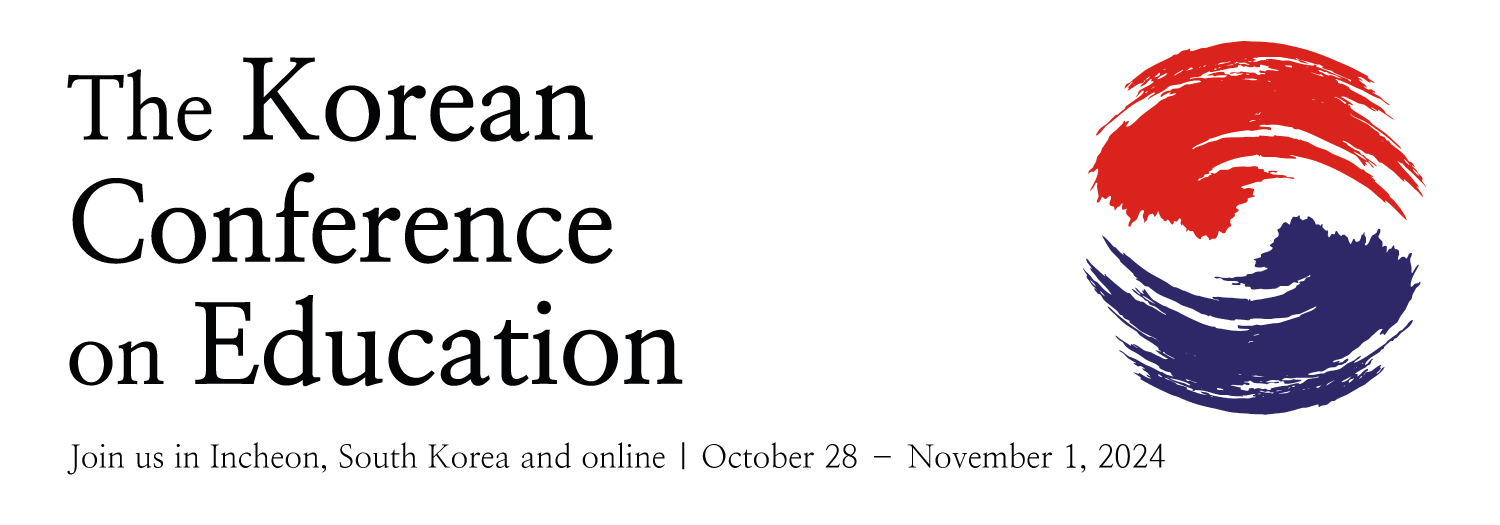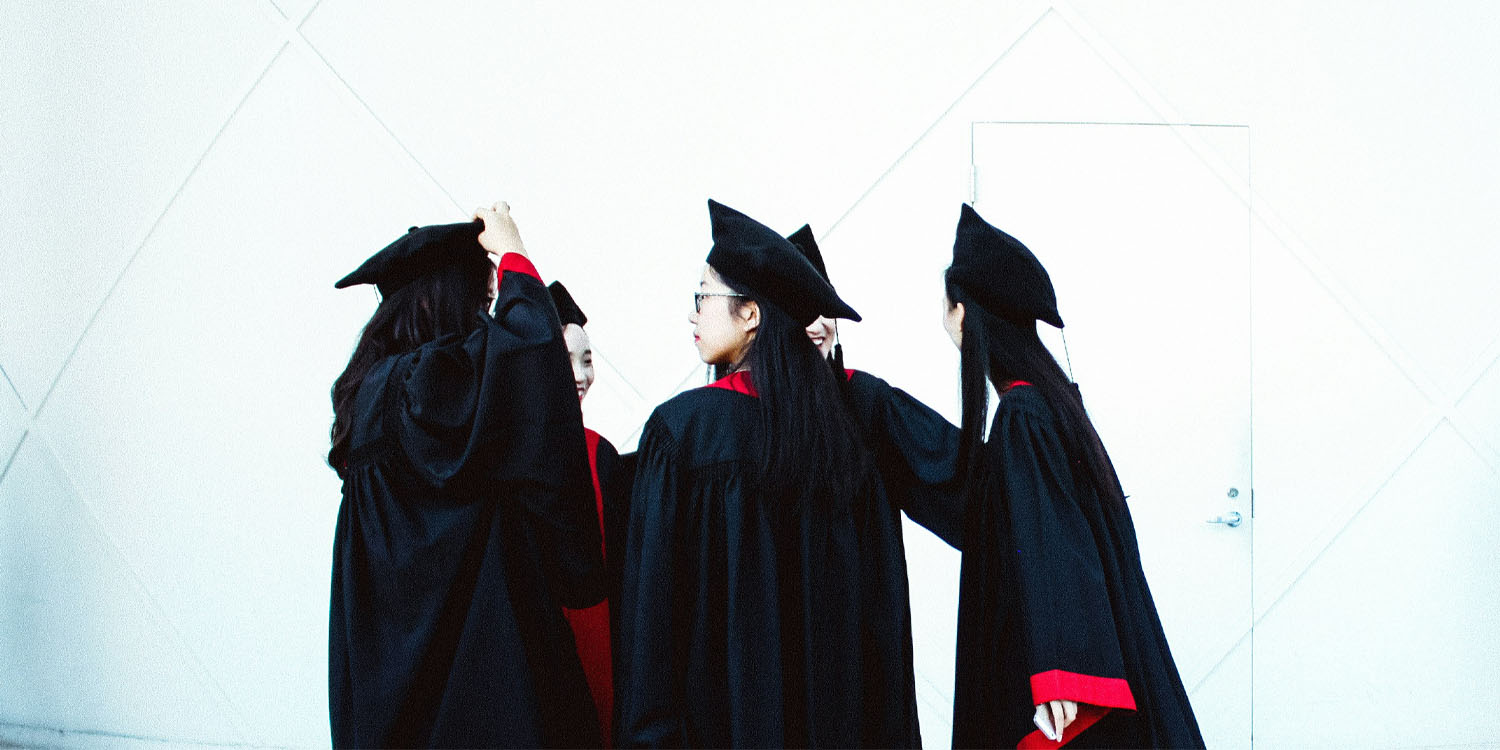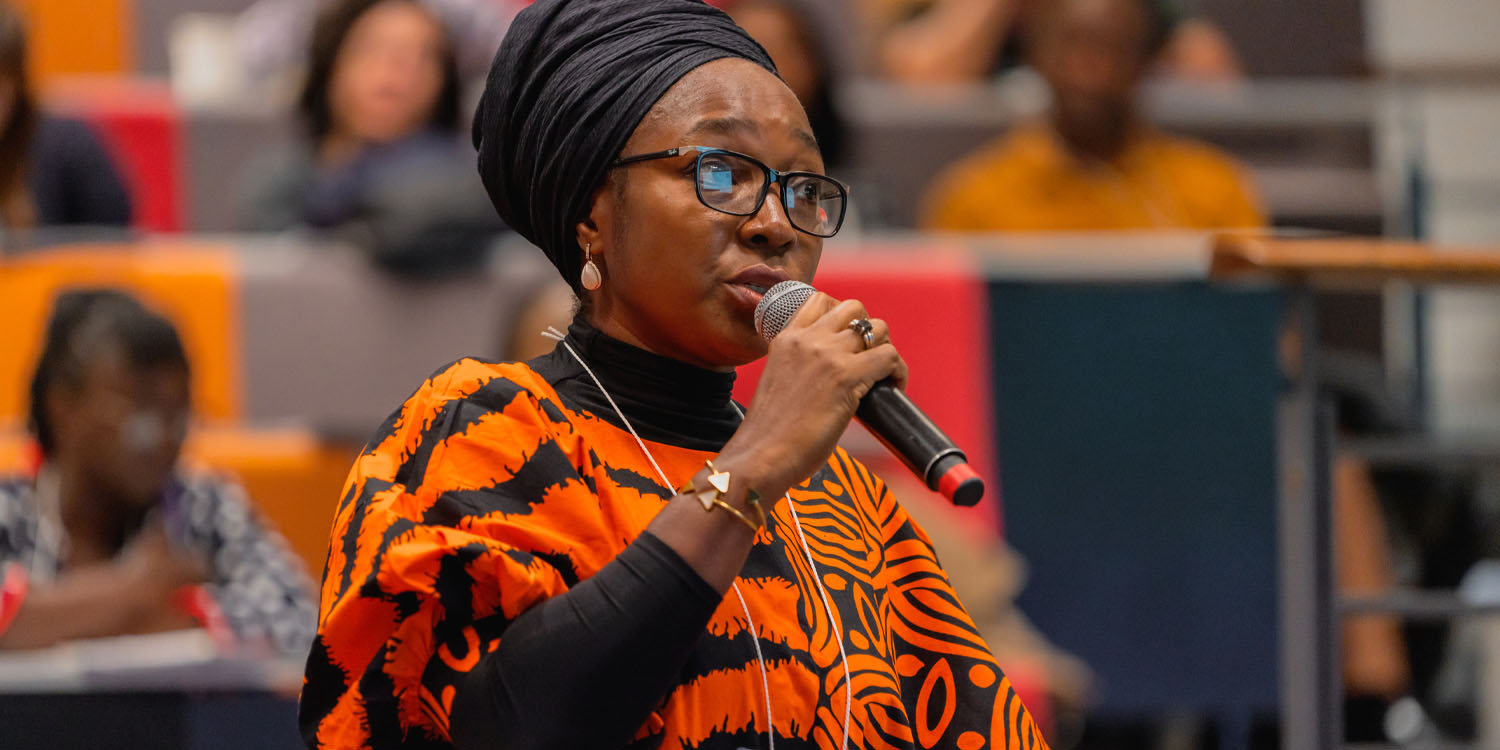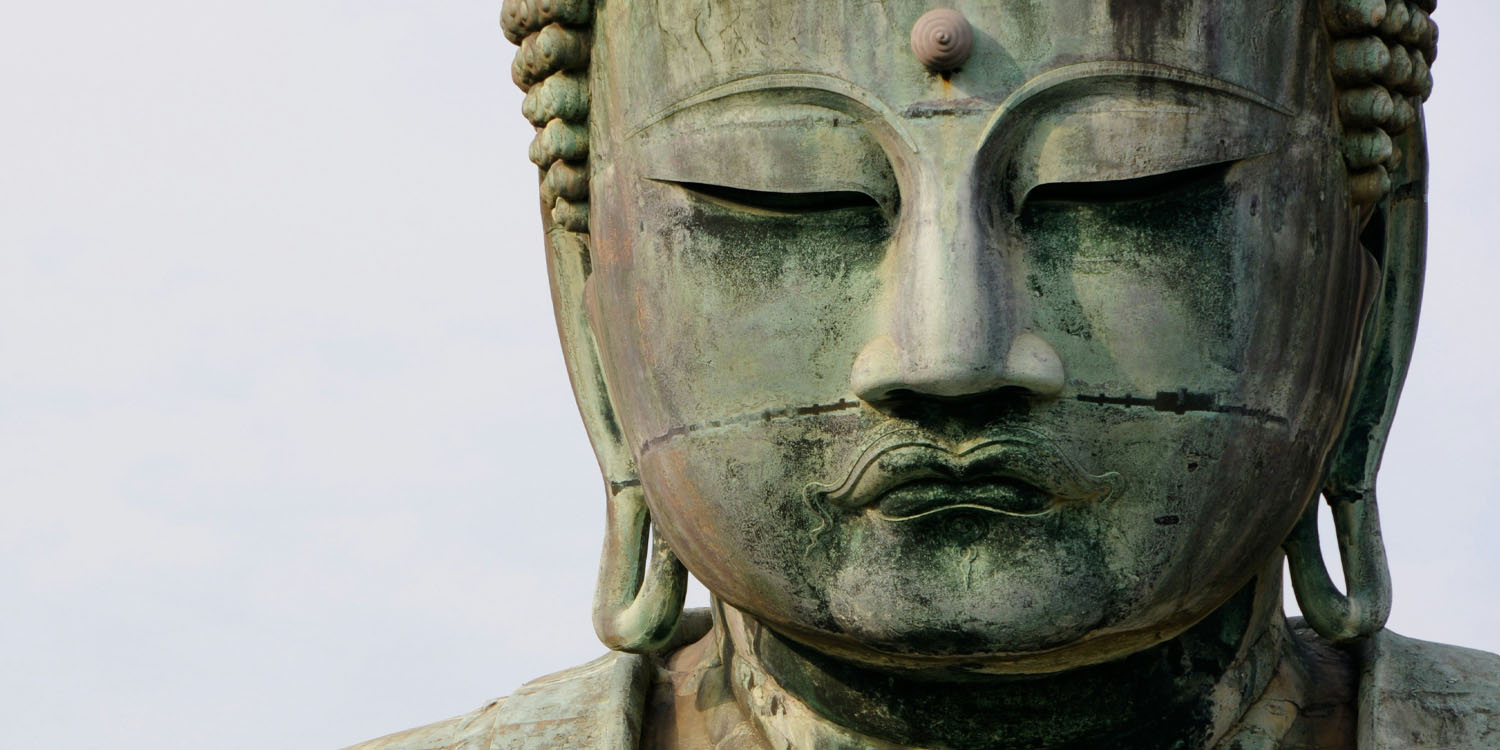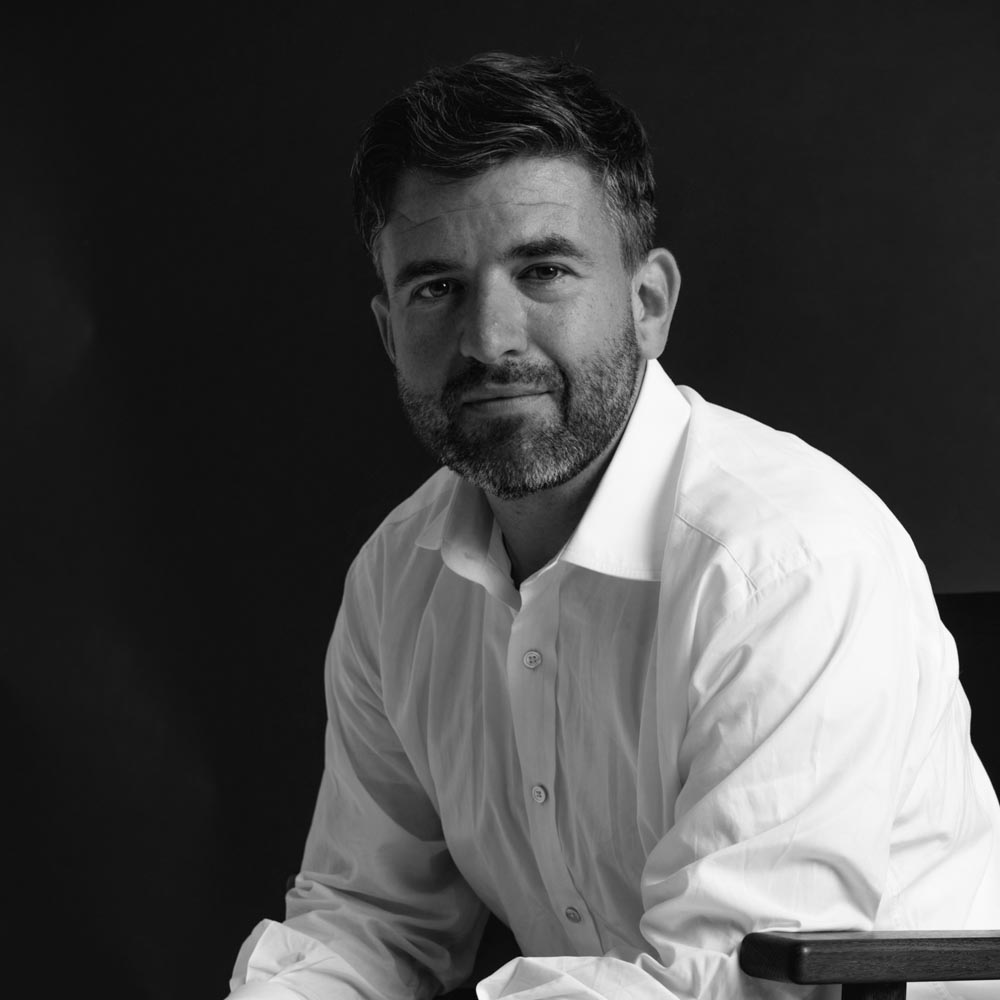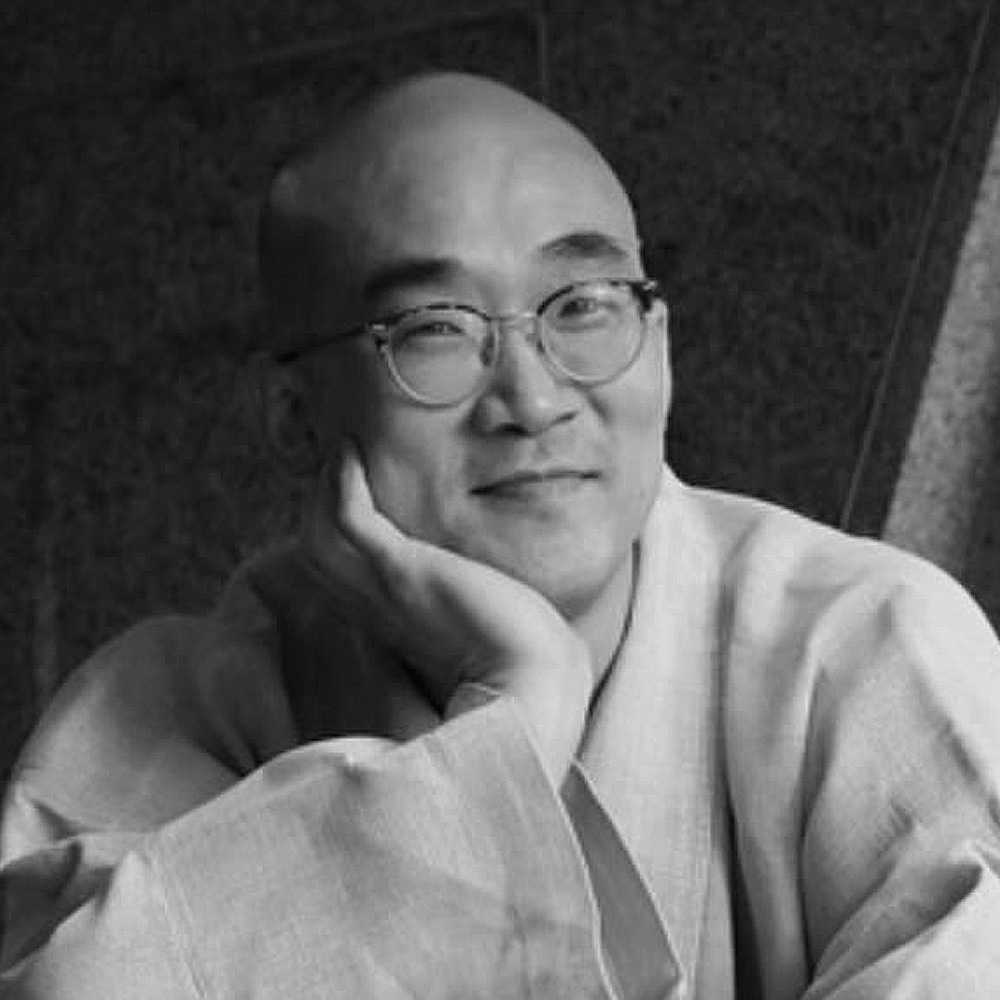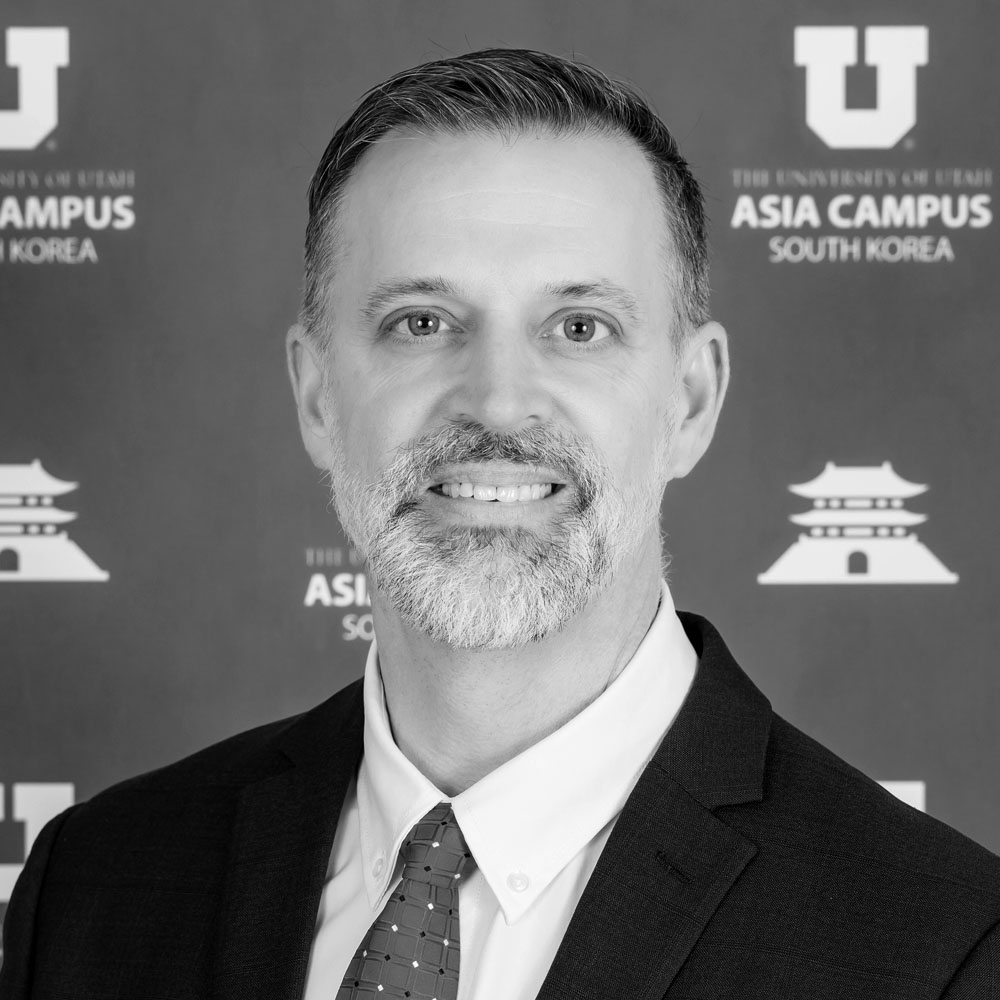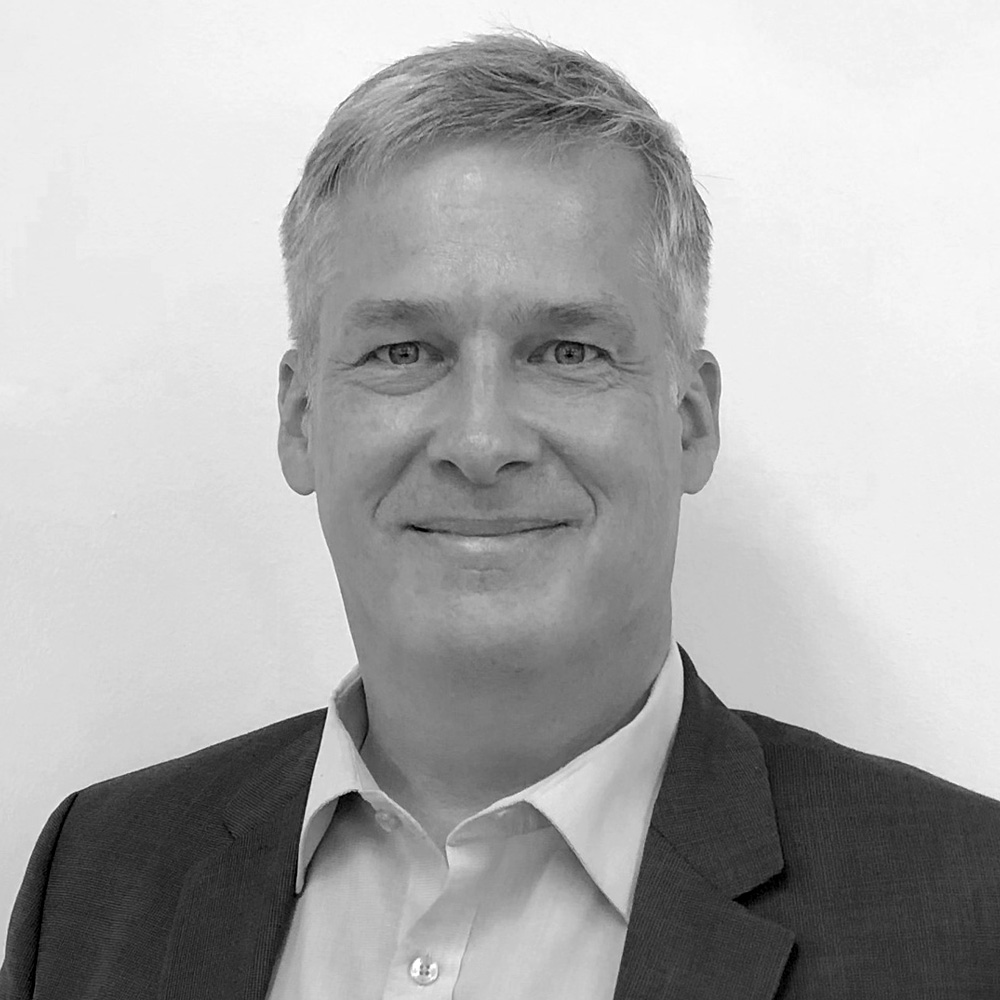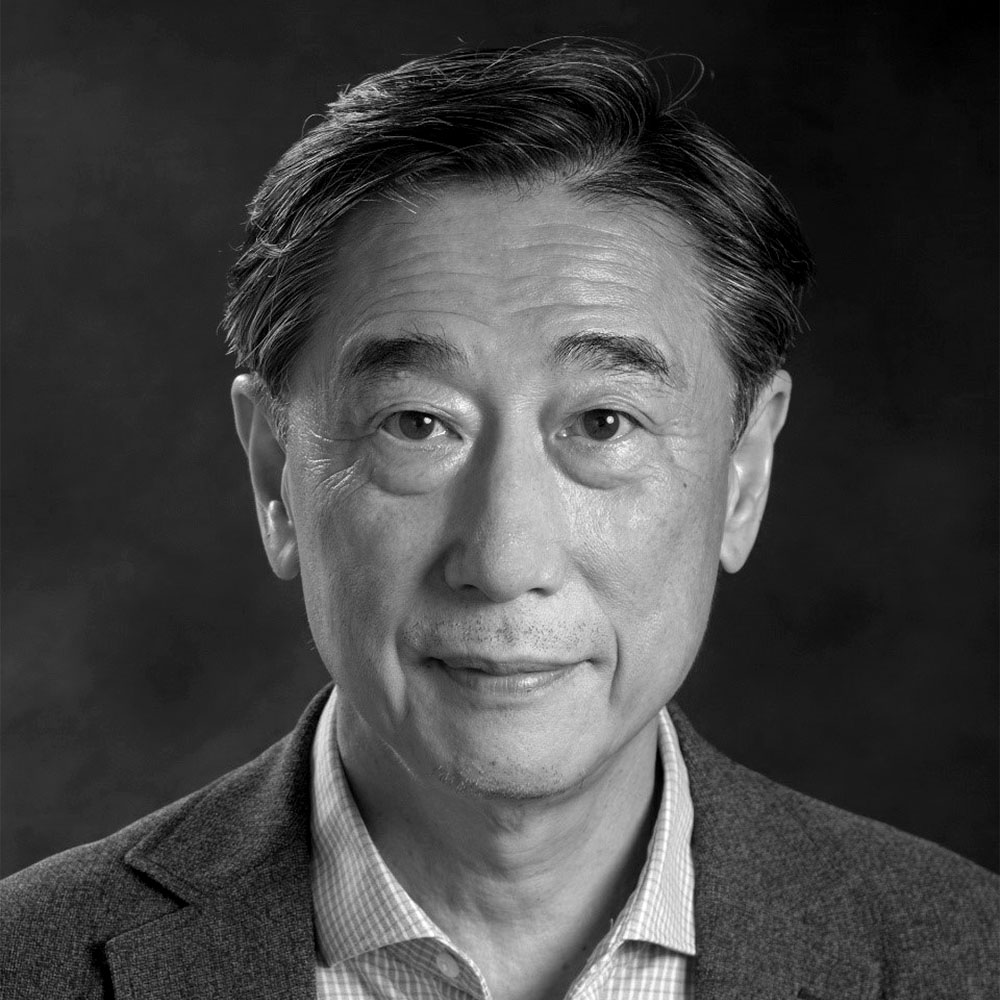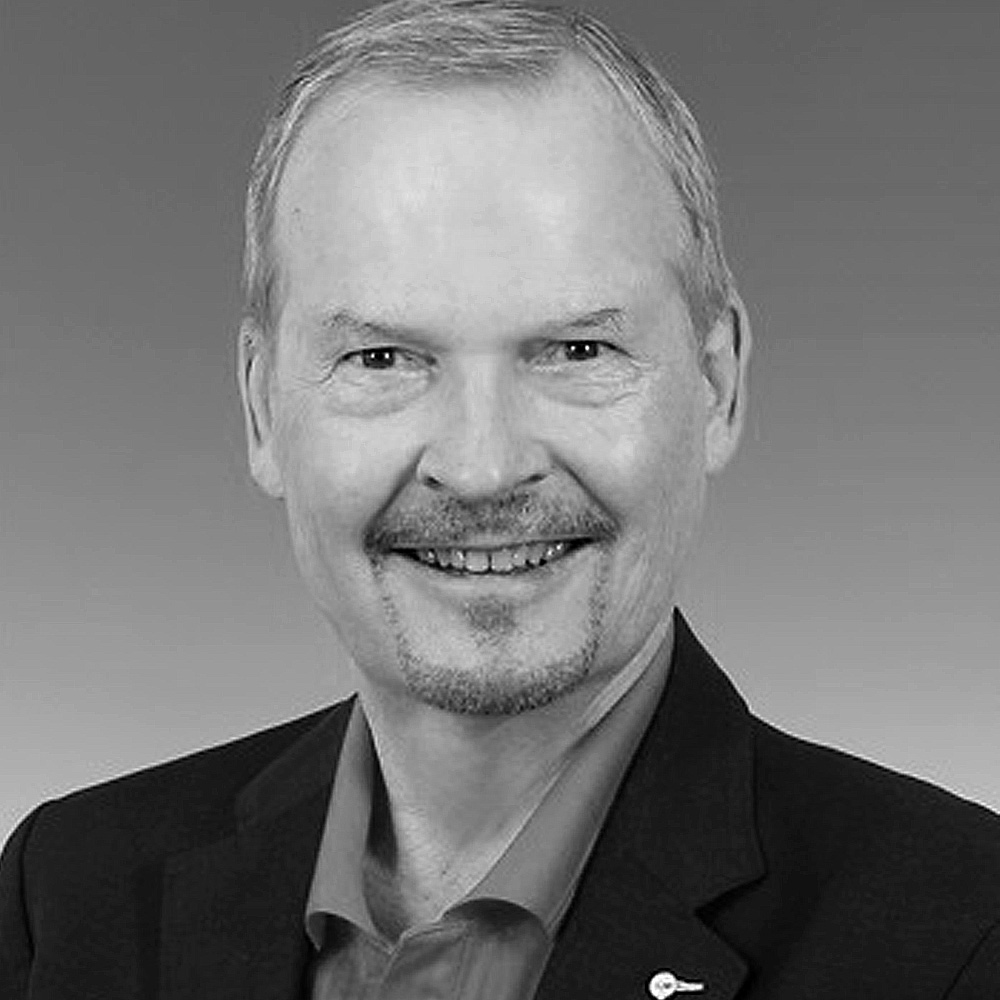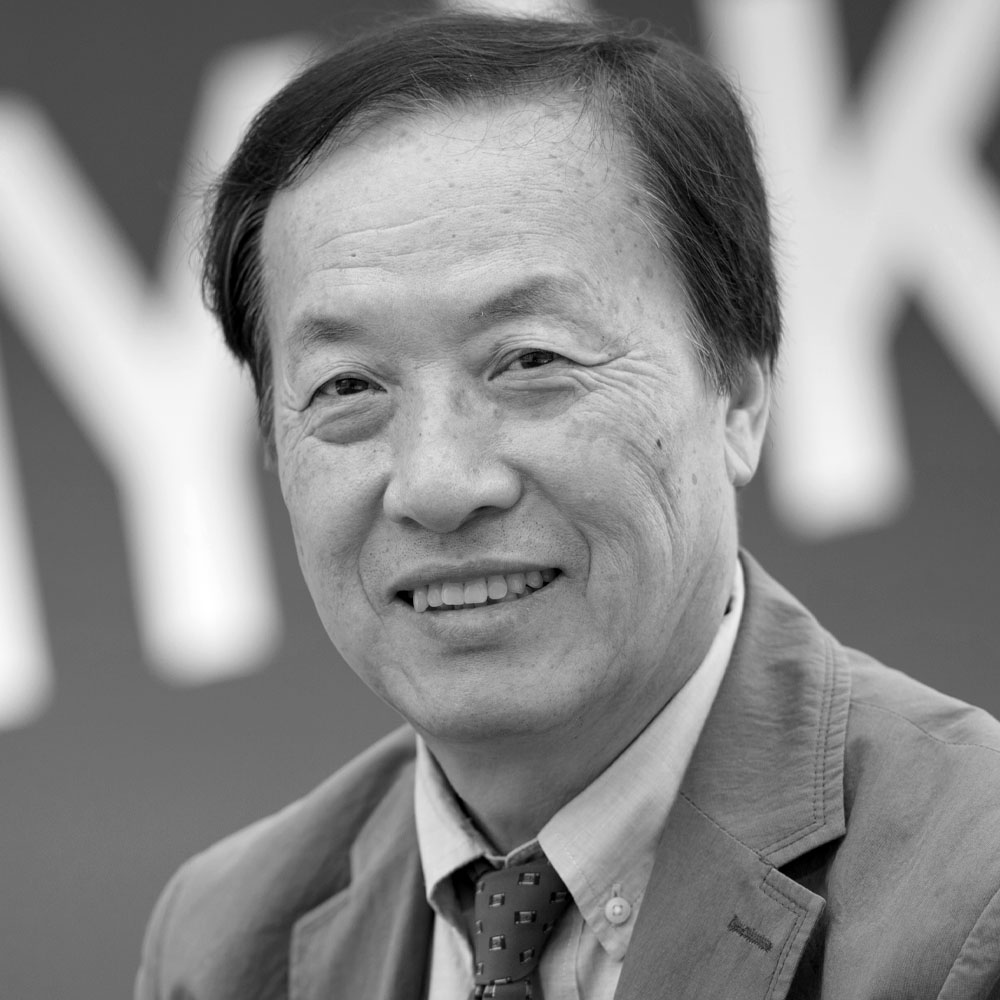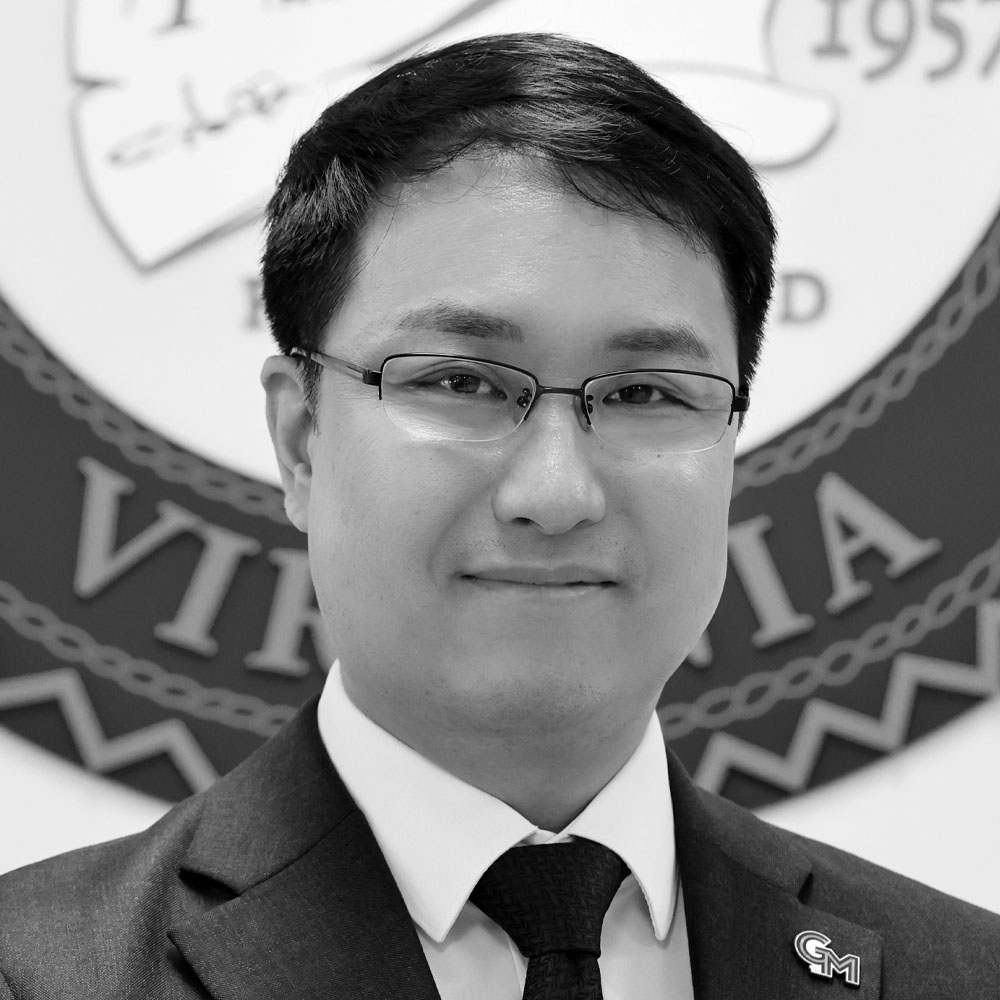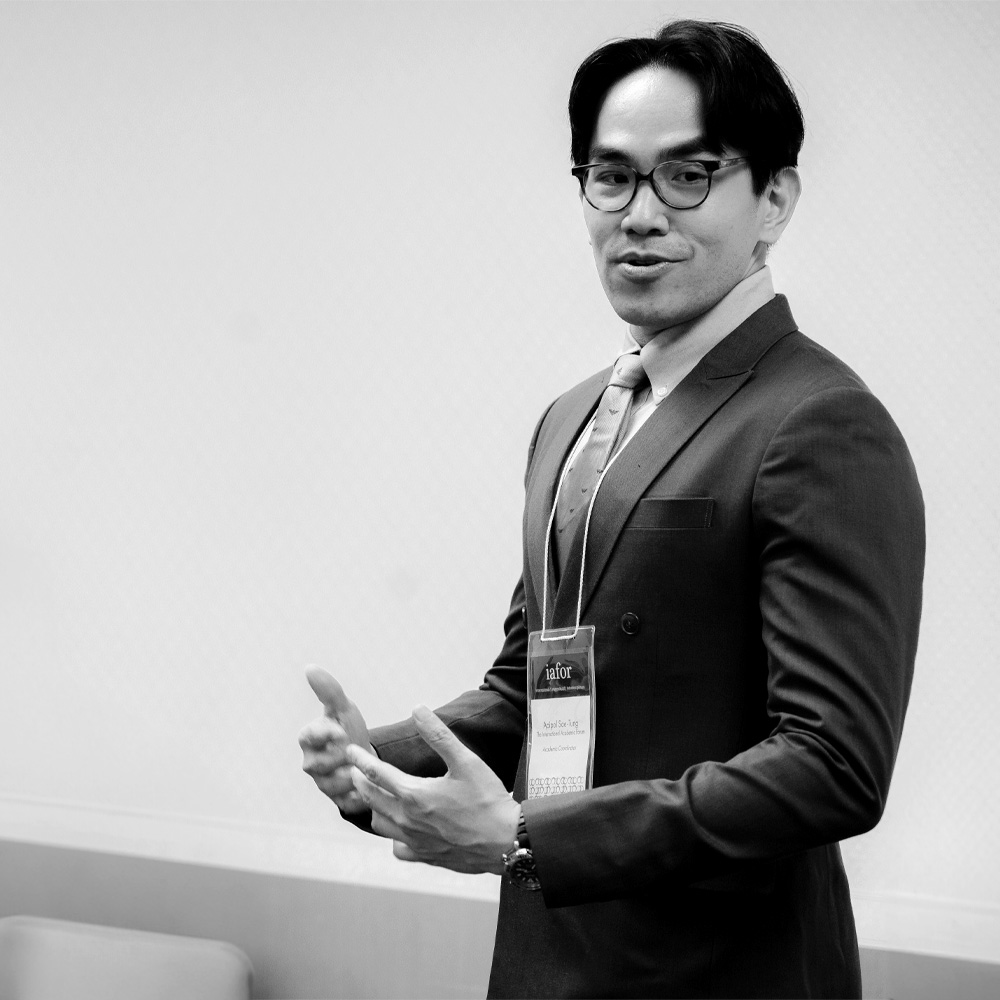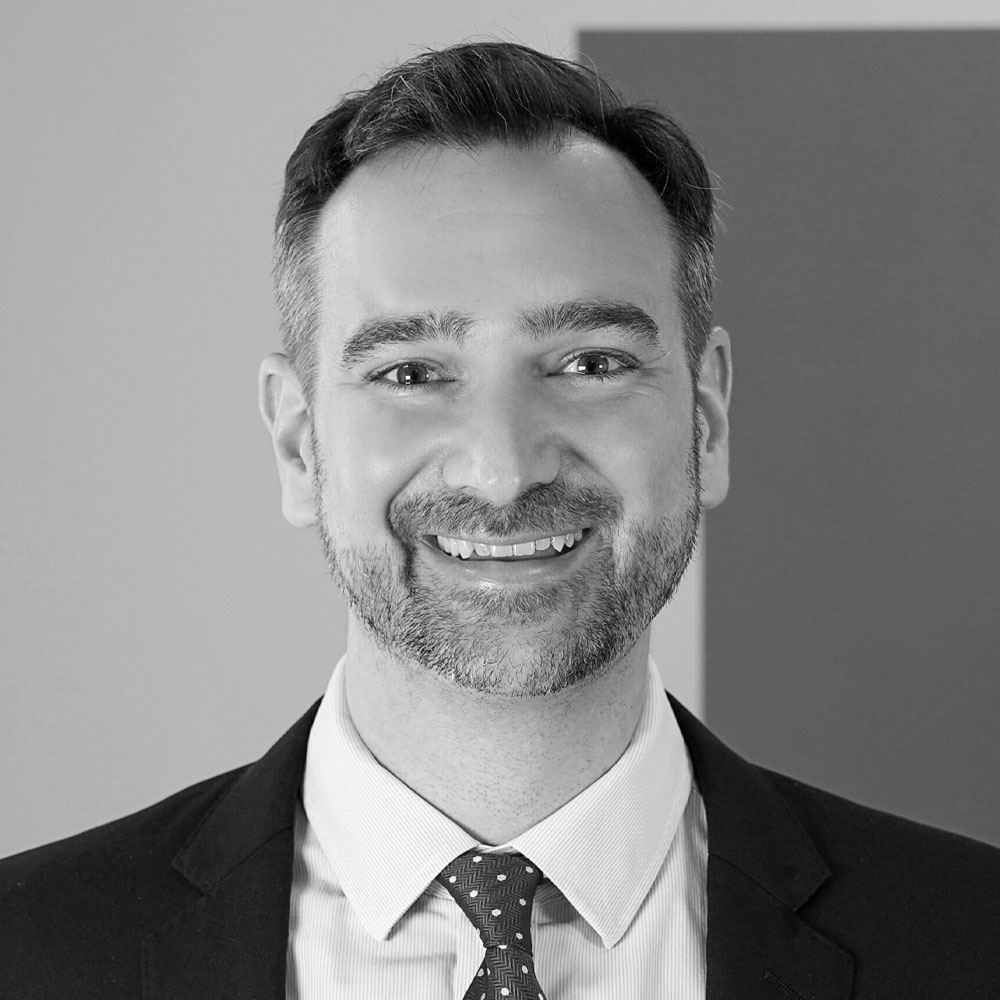The Korean Conference on Education (KCE2024)
October 28-November 1, 2024 | Songdo Global Campus, Incheon, Korea & Online
 Welcome to The Korean Conference on Education (KCE) will be held in conjunction with the Korean Conference on Arts and Humanities. This conference will be held in Songdo International City in Incheon, on the outskirts of Seoul, and in partnership with the University of Utah's Asia Campus, the Incheon Global Campus, and the IAFOR Research Centre at the Osaka School of International Public Policy (OSIPP) at Osaka University, Japan.
Welcome to The Korean Conference on Education (KCE) will be held in conjunction with the Korean Conference on Arts and Humanities. This conference will be held in Songdo International City in Incheon, on the outskirts of Seoul, and in partnership with the University of Utah's Asia Campus, the Incheon Global Campus, and the IAFOR Research Centre at the Osaka School of International Public Policy (OSIPP) at Osaka University, Japan.
Songdo is a remarkable new city that is celebrating its 21st anniversary in 2024, and the ambitious project will provide a wonderful venue to highlight the importance of both education and educational institutions, and the arts and humanities at the center of a strong civil society, and alongside its vaunted commitment to be an international city, resonates deeply with IAFOR's commitment to the International, Intercultural, and Interdisciplinary.
 South Korea is a country with a long and rich history, but also a difficult one, as a country that has been caught in the middle of regional power struggles for much of its existence, and the cause for a large and influential Korean diaspora. A cultural center of great importance for millenia, in the last century the Korean Peninsula has been subject successively to colonization by the Japanese pre-World War II, and then shortly after, an unwitting venue to a bitter civil war that was also a proxy for superpower rivalry between the US and China/The USSR. The Korean war split the country in two, with the South becoming a rightwing dictatorship, and North Korea becoming a hereditary communist dictatorship. In the 1970s the South became a democracy and underwent a remarkable societal transition to go from one of the poorest nations on earth to become one of the most successful. This incredible energy, driven by its history, and perhaps by its precarity, South Korea is now a multicultural and religiously pluralistic society. A resurgent Korea is now a global cultural powerhouse, known throughout the world for its dramas, film and music production, notably K-pop.
South Korea is a country with a long and rich history, but also a difficult one, as a country that has been caught in the middle of regional power struggles for much of its existence, and the cause for a large and influential Korean diaspora. A cultural center of great importance for millenia, in the last century the Korean Peninsula has been subject successively to colonization by the Japanese pre-World War II, and then shortly after, an unwitting venue to a bitter civil war that was also a proxy for superpower rivalry between the US and China/The USSR. The Korean war split the country in two, with the South becoming a rightwing dictatorship, and North Korea becoming a hereditary communist dictatorship. In the 1970s the South became a democracy and underwent a remarkable societal transition to go from one of the poorest nations on earth to become one of the most successful. This incredible energy, driven by its history, and perhaps by its precarity, South Korea is now a multicultural and religiously pluralistic society. A resurgent Korea is now a global cultural powerhouse, known throughout the world for its dramas, film and music production, notably K-pop.
KCE2024 encourages academics and scholars to meet and exchange ideas and views in a forum stimulating respectful dialogue. Like our long-running events elsewhere in the world, our third in Southeast Asia will afford an exceptional opportunity for renewing old acquaintances, making new contacts, networking, and facilitating partnerships across national and disciplinary borders.
We look forward to welcoming scholars from across Asia and around the world for what is sure to be a great conference.
– The Conference Programme Committee
IAFOR Journal of Education (Scopus Indexed Journal)
 This conference is associated with the Scopus and DOAJ listed IAFOR Journal of Education. Authors need to submit their manuscripts directly to the IAFOR Journal of Education for peer-review process. Please note that papers already submitted to, or published in IAFOR Conference Proceedings are not accepted for publication in any of IAFOR’s journals. IAFOR's Conference Proceedings are not Scopus listed.
This conference is associated with the Scopus and DOAJ listed IAFOR Journal of Education. Authors need to submit their manuscripts directly to the IAFOR Journal of Education for peer-review process. Please note that papers already submitted to, or published in IAFOR Conference Proceedings are not accepted for publication in any of IAFOR’s journals. IAFOR's Conference Proceedings are not Scopus listed.
- Location & Venue:Songdo ConvensiA, Incheon, Korea, & Online
- Dates: Monday, October 28, 2024 to Friday, November 01, 2024
- Early Bird Abstract Submission Deadline: May 31, 2024*
- Final Abstract Submission Deadline: August 01, 2024
- Registration Deadline for Presenters: September 06, 2024
*Submit early to take advantage of the discounted registration rates. Learn more about our registration options.
Programme
-
 Global Citizenship Education for Sustainable Development: Korea’s PerspectiveKeynote Presentation: Oh Joon
Global Citizenship Education for Sustainable Development: Korea’s PerspectiveKeynote Presentation: Oh Joon -
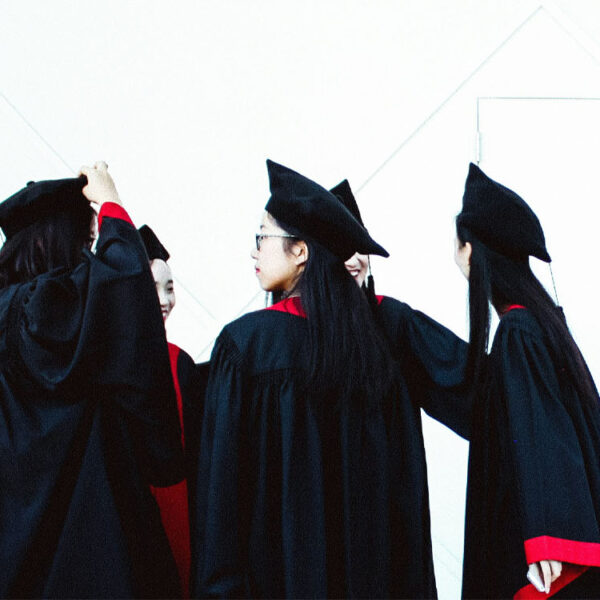 Navigating Global Campus Management: Challenges and InnovationsFeatured Panel Presentation: Greg Hill, Arthur H. Lee, Dr Joshua K. Park, Taejun Han
Navigating Global Campus Management: Challenges and InnovationsFeatured Panel Presentation: Greg Hill, Arthur H. Lee, Dr Joshua K. Park, Taejun Han -
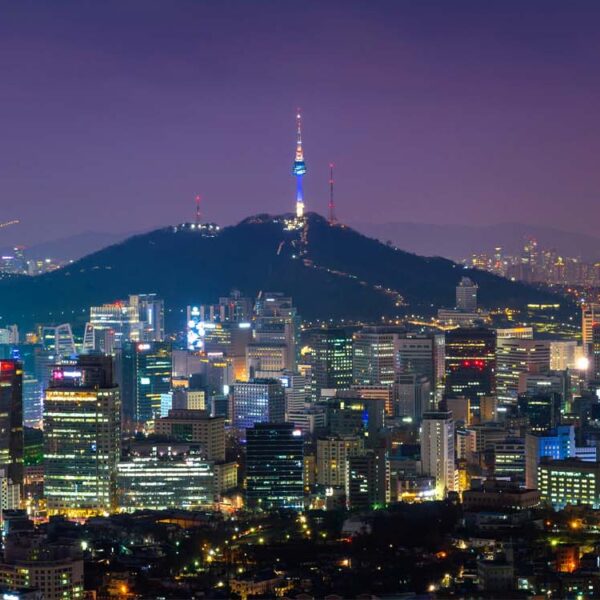 Korea’s Pivotal Role in the World: Challenges and Opportunities in LeadershipPanel Presentation: Brendan M. Howe, James F. Larson, Joseph Haldane
Korea’s Pivotal Role in the World: Challenges and Opportunities in LeadershipPanel Presentation: Brendan M. Howe, James F. Larson, Joseph Haldane -
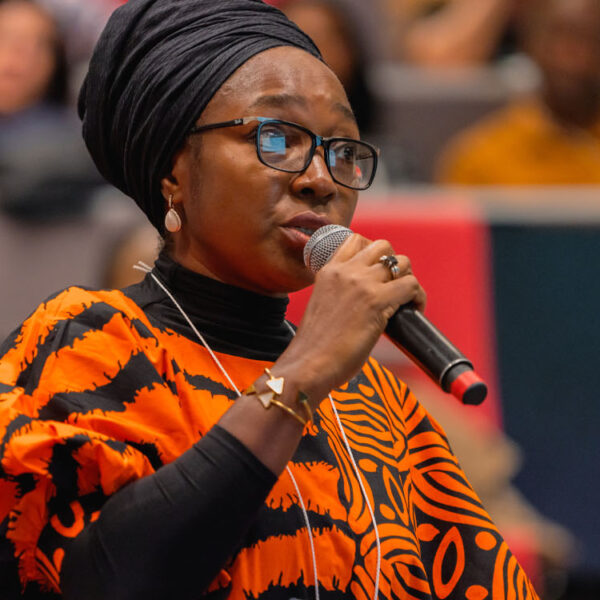 Global Citizenship: Global Leadership in a Fragmenting WorldForum Discussion: Brendan M. Howe, Apipol Sae-Tung
Global Citizenship: Global Leadership in a Fragmenting WorldForum Discussion: Brendan M. Howe, Apipol Sae-Tung -
 A Translingual Approach to Language Ideologies and World EnglishesKeynote Presentation: Jennifer Andrus
A Translingual Approach to Language Ideologies and World EnglishesKeynote Presentation: Jennifer Andrus -
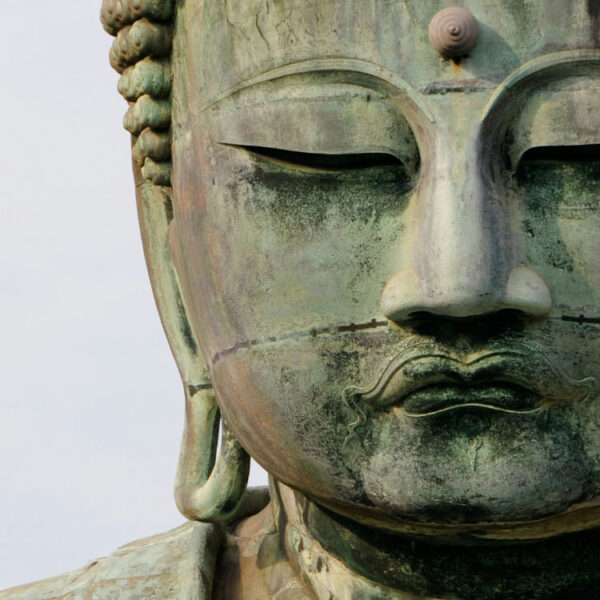 Korean Buddhist Education and MeditationMeditation Workshop: June Han Sunim
Korean Buddhist Education and MeditationMeditation Workshop: June Han Sunim
Speakers
-
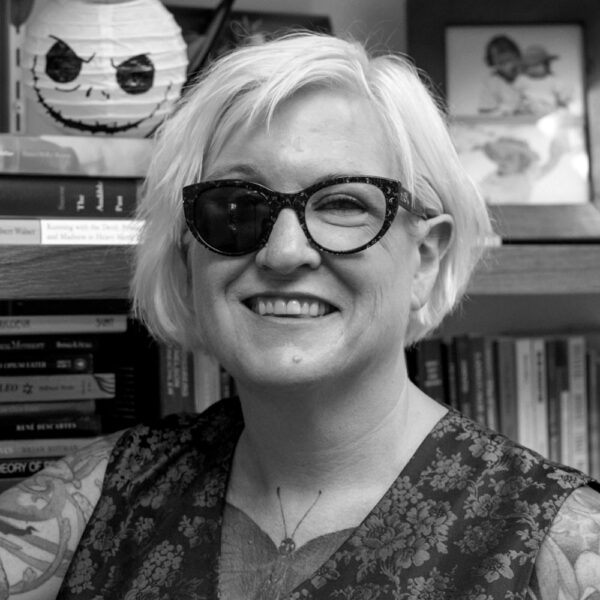 Jennifer AndrusUniversity of Utah, United States
Jennifer AndrusUniversity of Utah, United States -
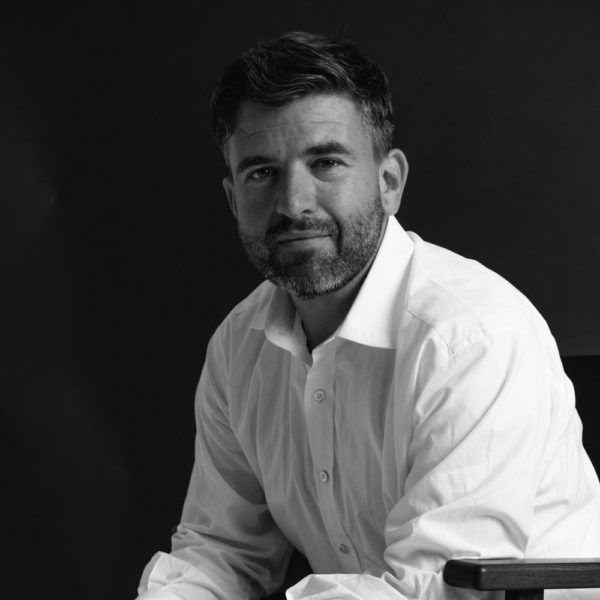 Joseph HaldaneThe International Academic Forum (IAFOR), Japan
Joseph HaldaneThe International Academic Forum (IAFOR), Japan -
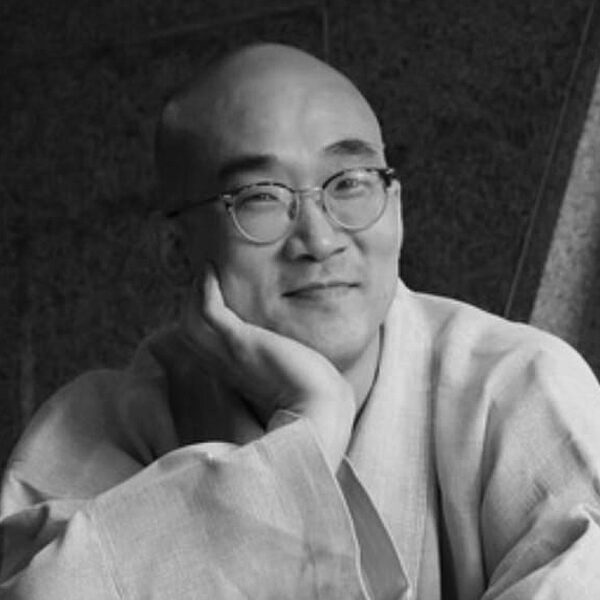 June HanJustBe Temple, South Korea
June HanJustBe Temple, South Korea -
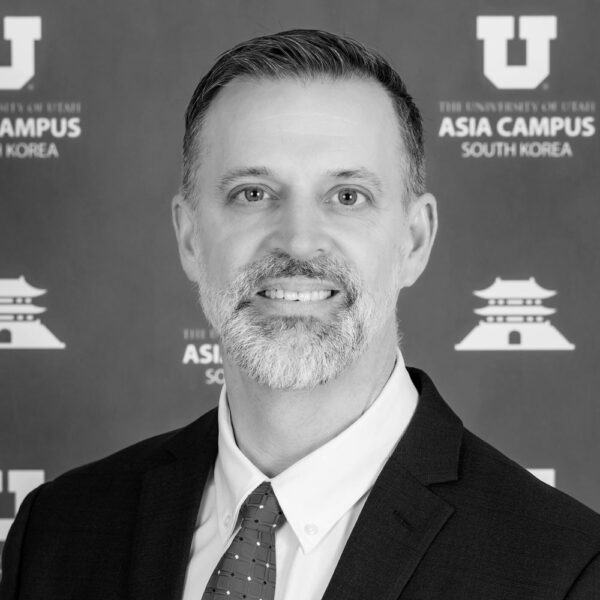 Gregory HillUniversity of Utah, Asia Campus, South Korea
Gregory HillUniversity of Utah, Asia Campus, South Korea -
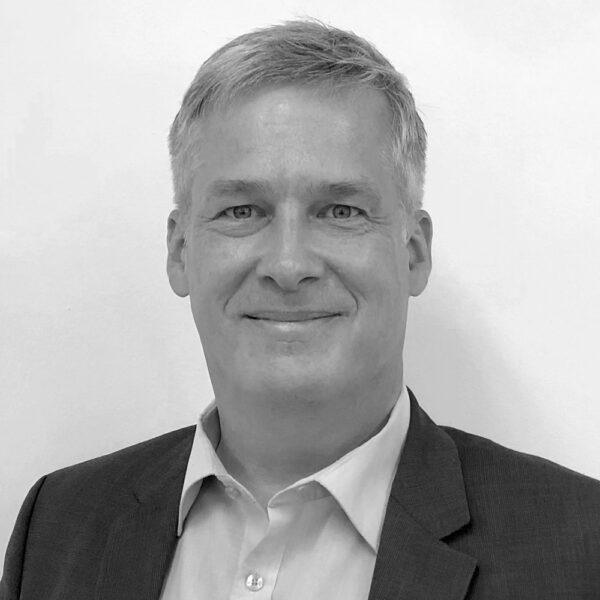 Brendan HoweEwha Womans University, South Korea
Brendan HoweEwha Womans University, South Korea -
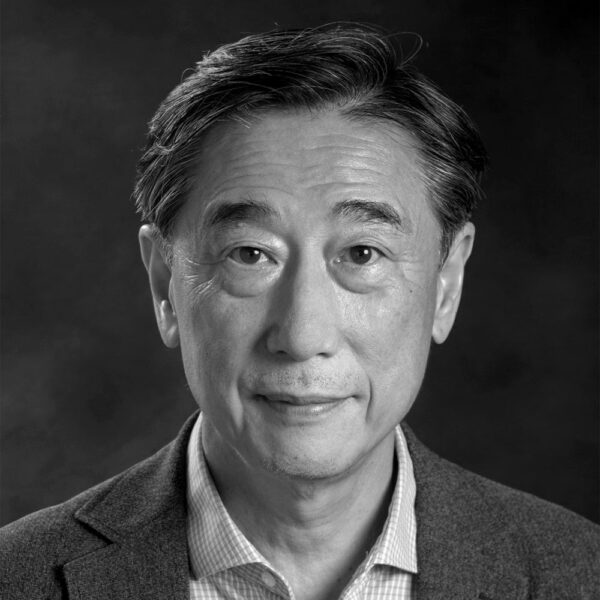 Oh JoonKyung Hee University, South Korea
Oh JoonKyung Hee University, South Korea -
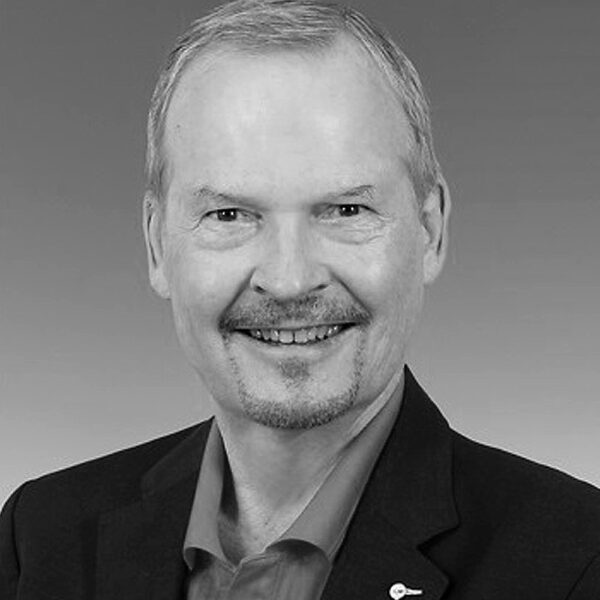 James F. LarsonThe State University of New York, South Korea
James F. LarsonThe State University of New York, South Korea -
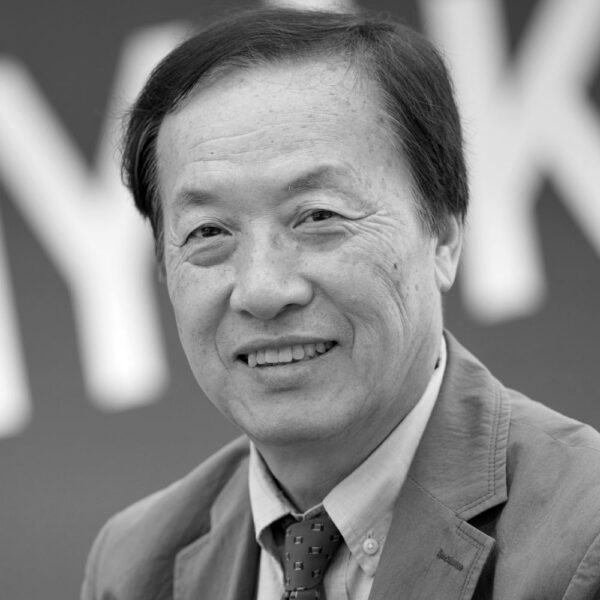 Arthur H. LeeState University of New York, South Korea
Arthur H. LeeState University of New York, South Korea -
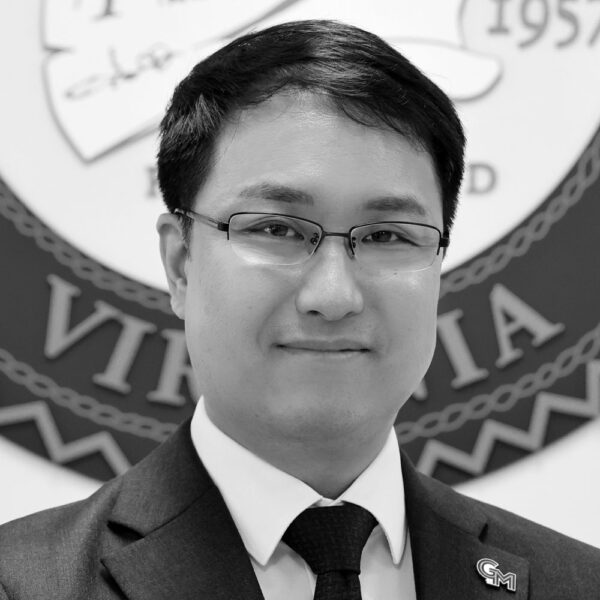 Joshua K. ParkGeorge Mason University Korea, South Korea
Joshua K. ParkGeorge Mason University Korea, South Korea -
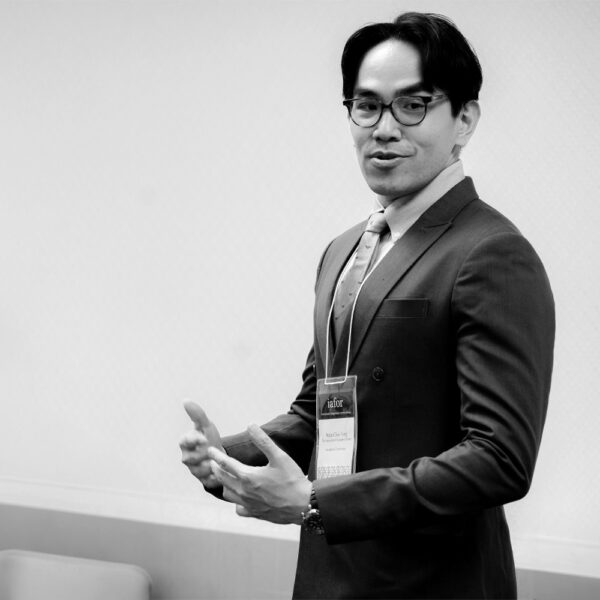 Apipol Sae-TungThe International Academic Forum (IAFOR), Japan
Apipol Sae-TungThe International Academic Forum (IAFOR), Japan -
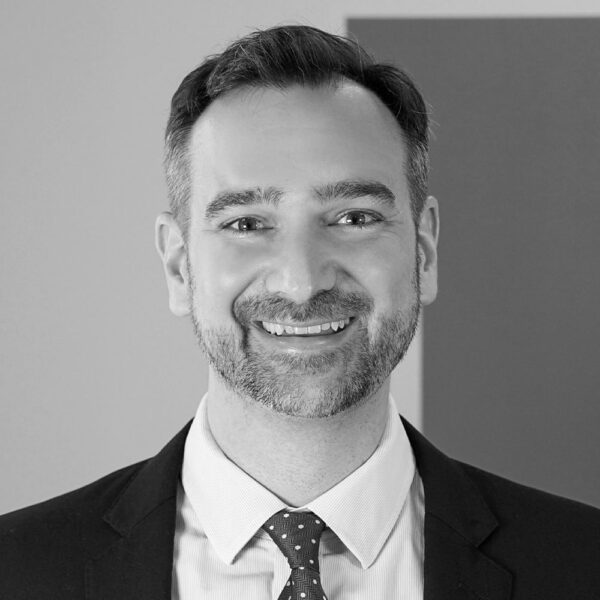 Hugh SchuckmanUniversity of Utah, Asia Campus, South Korea
Hugh SchuckmanUniversity of Utah, Asia Campus, South Korea
Conference Committees
The International Academic Board (IAB)
Dr Joseph Haldane, IAFOR and Osaka University, Japan, & University College London, United Kingdom
Professor Jun Arima, President, IAFOR & University of Tokyo, Japan
Professor Anne Boddington, Executive Vice-President and Provost, IAFOR & Middlesex University, United Kingdom
Professor Barbara Lockee, Virginia Tech, United States
Professor Donald E. Hall, Binghamton University, United States
Dr James W. McNally, University of Michigan, United States & NACDA Program on Aging
Professor Grant Black, Chuo University, Japan
Professor Dexter Da Silva, Keisen University, Japan
Professor Baden Offord, Centre for Human Rights Education, Curtin University, Australia & Cultural Studies Association of Australasia
Professor Frank S. Ravitch, Michigan State University College of Law, United States
Professor William Baber, Kyoto University, Japan
Dr Virgil Hawkins, Osaka University, Japan
Conference Programme Committee
Ms Keiko Bang, Bang Singapore Pte Ltd., Singapore
Dr Joseph Haldane, The International Academic Forum (IAFOR), Japan
Dr Gregory C. Hill, University of Utah, Asia Campus, South Korea
Dr Melina Neophytou, The International Academic Forum (IAFOR), Japan
Dr Hugh Schuckman, University of Utah, Asia Campus, South Korea
Professor Ki-Sang Song, Korea National University of Education, South Korea
Conference Review Committee
Dr Amel Beldjenna, University of Oran 2, Algeria
Dr Denver Cho-oy, De La Salle University, Philippines
Dr Aileen Diansuy, Antipolo Institute of Technology & Mathematics Teachers Association of the Philippines Tertiaty Level, Inc, Philippines
Dr Hassiba Koriche, University of Ain Temouchent, Algeria
Dr John Linga, Tamagawa Academy (K-12) & University, Japan
Dr Annie Wy Ng, The Hong Kong University of Science and Technology, Hong Kong
Professor Kittipong Phumpuang, Naresuan University, Thailand
Dr Sonal Shivagunde, Indian Value Engineering Society, India
Dr Sittipong Wattananonsakul, Srinakharinwirot University, Thailand
IAFOR's peer review process, which involves both reciprocal review and the use of Review Committees, is overseen by the Conference Programme Committee under the guidance of the International Academic Board (IAB). Review Committee members are established academics who hold PhDs or other terminal degrees in their fields and who have previous peer review experience.
If you would like to apply to serve on the KCE2024 Review Committee, please visit our application page.
